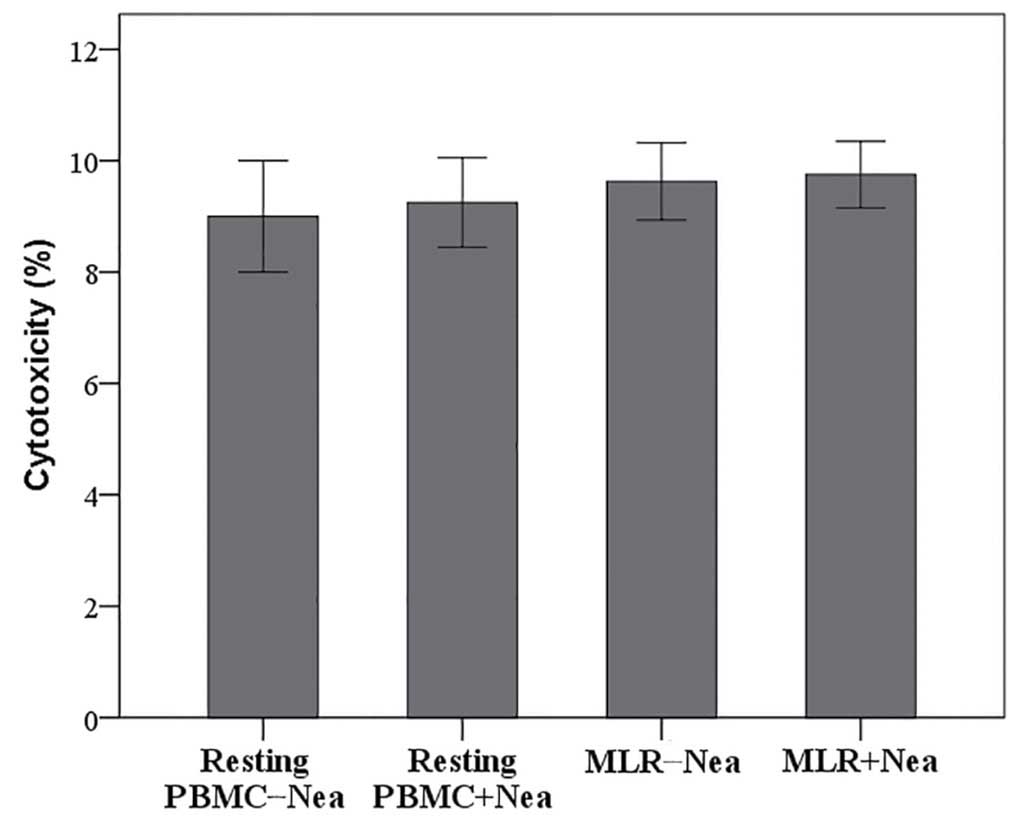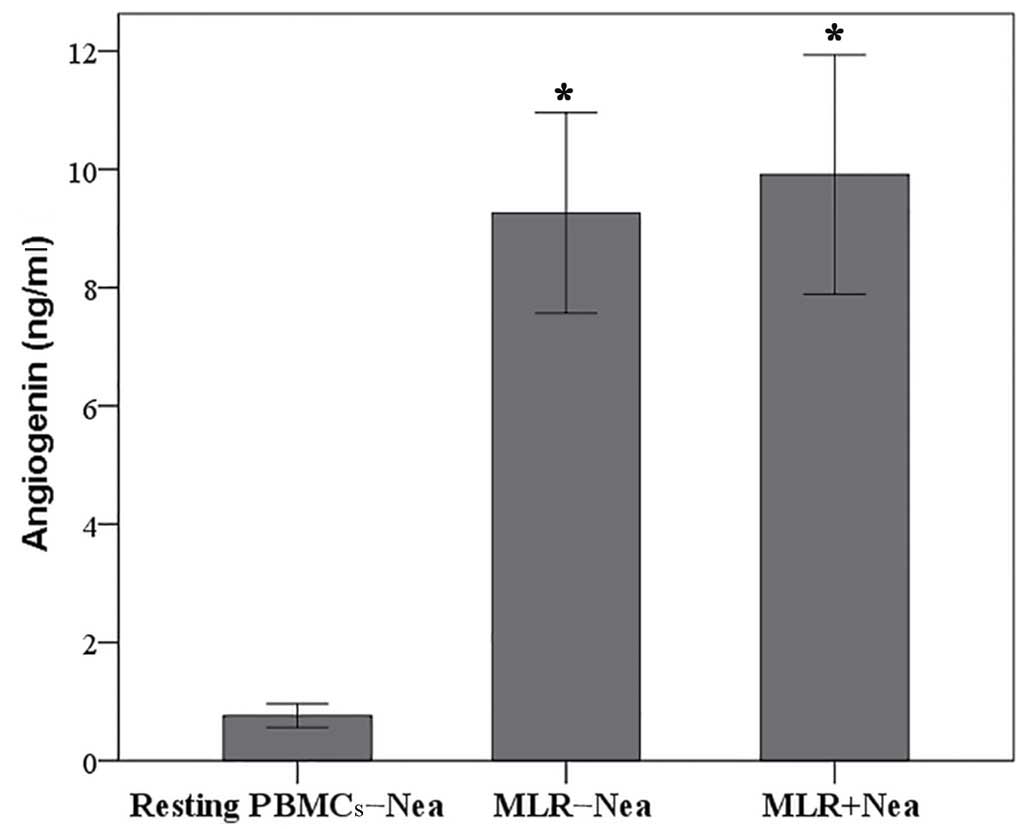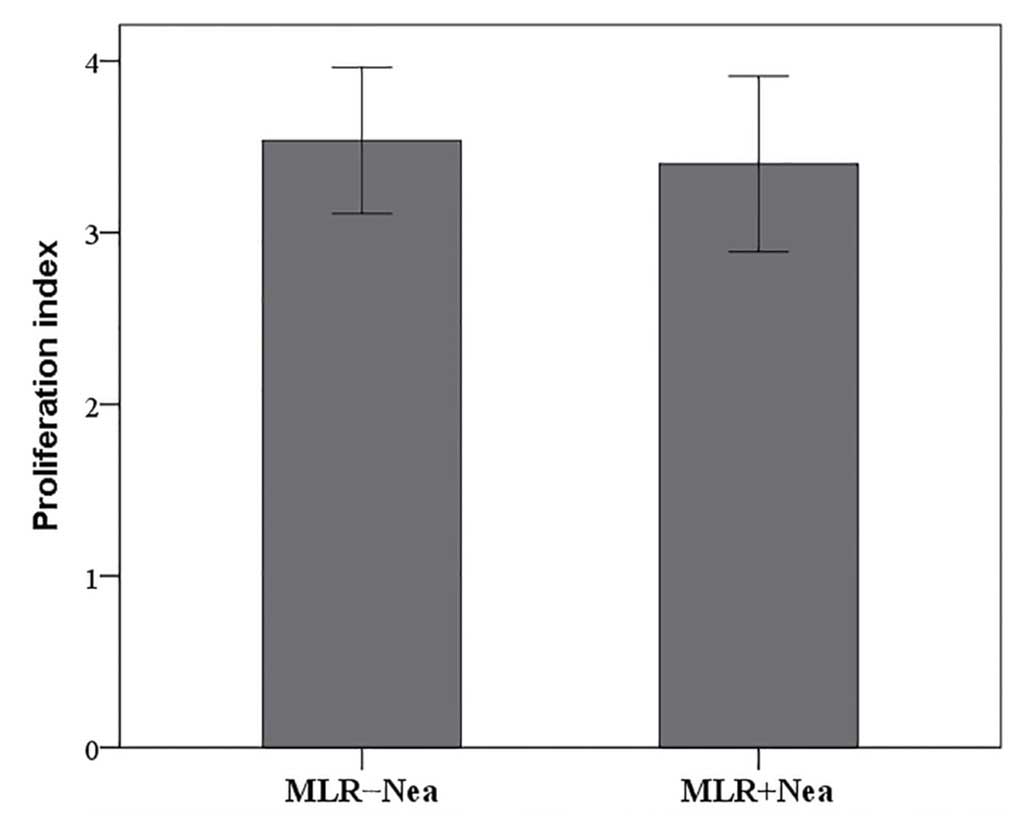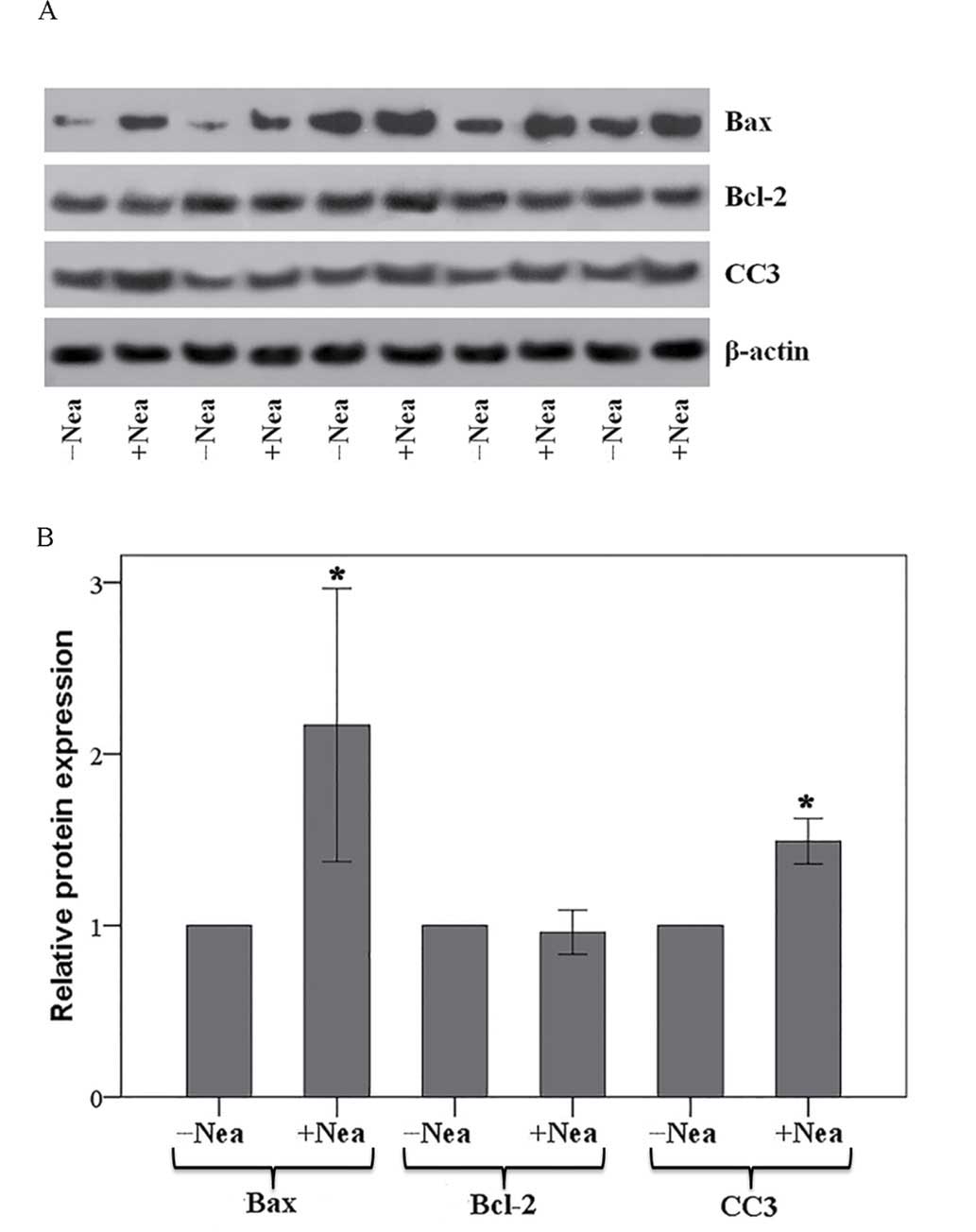|
1
|
Tsuji T, Sun Y, Kishimoto K, Olson KA, Liu
S, Hirukawa S and Hu GF: Angiogenin is translocated to the nucleus
of HeLa cells and is involved in ribosomal RNA transcription and
cell proliferation. Cancer Res. 65:1352–1360. 2005. View Article : Google Scholar : PubMed/NCBI
|
|
2
|
Hirukawa S, Olson KA, Tsuji T and Hu GF:
Neamine inhibits xenografic human tumor growth and angiogenesis in
athymic mice. Clin Cancer Res. 11:8745–8752. 2005. View Article : Google Scholar : PubMed/NCBI
|
|
3
|
Fu H, Feng J, Liu Q, Sun F, Tie Y, Zhu J,
Xing R, Sun Z and Zheng X: Stress induces tRNA cleavage by
angiogenin in mammalian cells. FEBS Lett. 583:437–442. 2009.
View Article : Google Scholar : PubMed/NCBI
|
|
4
|
Yamasaki S, Ivanov P, Hu GF and Anderson
P: Angiogenin cleaves tRNA and promotes stress-induced
translational repression. J Cell Biol. 185:35–42. 2009. View Article : Google Scholar : PubMed/NCBI
|
|
5
|
Emara MM, Ivanov P, Hickman T, Dawra N,
Tisdale S, Kedersha N, Hu GF and Anderson P: Angiogenin-induced
tRNA-derived stress-induced RNAs promote stress-induced stress
granule assembly. J Biol Chem. 285:10959–10968. 2010. View Article : Google Scholar : PubMed/NCBI
|
|
6
|
Li S and Hu GF: Emerging role of
angiogenin in stress response and cell survival under adverse
conditions. J Cell Physiol. 227:2822–2826. 2012. View Article : Google Scholar : PubMed/NCBI
|
|
7
|
Saikia M and Hatzoglou M: The Many Virtues
of tRNA-derived Stress-induced RNAs (tiRNAs): Discovering novel
mechanisms of stress response and effect on human health. J Biol
Chem. 290:29761–29768. 2015. View Article : Google Scholar : PubMed/NCBI
|
|
8
|
Sadagopan S, Veettil MV, Chakraborty S,
Sharma-Walia N, Paudel N, Bottero V and Chandran B: Angiogenin
functionally interacts with p53 and regulates p53-mediated
apoptosis and cell survival. Oncogene. 31:4835–4847. 2012.
View Article : Google Scholar : PubMed/NCBI
|
|
9
|
Saikia M, Jobava R, Parisien M, Putnam A,
Krokowski D, Gao XH, Guan BJ, Yuan Y, Jankowsky E, Feng Z, et al:
Angiogenin-cleaved tRNA halves interact with cytochrome c,
protecting cells from apoptosis during osmotic stress. Mol Cell
Biol. 34:2450–2463. 2014. View Article : Google Scholar : PubMed/NCBI
|
|
10
|
Rybak SM, Fett JW, Yao QZ and Vallee BL:
Angiogenin mRNA in human tumor and normal cells. Biochem Biophys
Res Commun. 146:1240–1248. 1987. View Article : Google Scholar : PubMed/NCBI
|
|
11
|
Olson KA, Verselis SJ and Fett JW:
Angiogenin is regulated in vivo as an acute phase protein. Biochem
Biophys Res Commun. 242:480–483. 1998. View Article : Google Scholar : PubMed/NCBI
|
|
12
|
Eleftheriadis T, Antoniadi G, Liakopoulos
V, Pissas G, Stefanidis I and Galaktidou G: Plasma angiogenin and
vascular endothelial growth factor a among hemodialysis patients.
Iran J Kidney Dis. 6:209–215. 2012.PubMed/NCBI
|
|
13
|
Lioté F, Champy R, Moenner M,
Boval-Boizard B and Badet J: Elevated angiogenin levels in synovial
fluid from patients with inflammatory arthritis and secretion of
angiogenin by cultured synovial fibroblasts. Clin Exp Immunol.
132:163–168. 2003. View Article : Google Scholar : PubMed/NCBI
|
|
14
|
Brenner D, Krammer PH and Arnold R:
Concepts of activated T cell death. Crit Rev Oncol Hematol.
66:52–64. 2008. View Article : Google Scholar : PubMed/NCBI
|
|
15
|
Sato T, Deiwick A, Raddatz G, Koyama K and
Schlitt HJ: Interactions of allogeneic human mononuclear cells in
the two-way mixed leucocyte culture (MLC): Influence of cell
numbers, subpopulations and cyclosporin. Clin Exp Immunol.
115:301–308. 1999. View Article : Google Scholar : PubMed/NCBI
|
|
16
|
Ibaragi S, Yoshioka N, Li S, Hu MG,
Hirukawa S, Sadow PM and Hu GF: Neamine inhibits prostate cancer
growth by suppressing angiogenin-mediated rRNA transcription. Clin
Cancer Res. 15:1981–1988. 2009. View Article : Google Scholar : PubMed/NCBI
|
|
17
|
Kishimoto K, Yoshida S, Ibaragi S,
Yoshioka N, Hu GF and Sasaki A: Neamine inhibits oral cancer
progression by suppressing angiogenin-mediated angiogenesis and
cancer cell proliferation. Anticancer Res. 34:2113–2121.
2014.PubMed/NCBI
|
|
18
|
Liu YP, Hu GF and Wu YX: Neamine is
preferential as an anti-prostate cancer reagent by inhibiting cell
proliferation and angiogenesis, with lower toxicity than
cis-platinum. Oncol Lett. 10:137–142. 2015.PubMed/NCBI
|
|
19
|
Wu D, Yu W, Kishikawa H, Folkerth RD,
Iafrate AJ, Shen Y, Xin W, Sims K and Hu GF: Angiogenin
loss-of-function mutations in amyotrophic lateral sclerosis. Ann
Neurol. 62:609–617. 2007. View Article : Google Scholar : PubMed/NCBI
|
|
20
|
Fadeel B and Orrenius S: Apoptosis: A
basic biological phenomenon with wide-ranging implications in human
disease. J Intern Med. 258:479–517. 2005. View Article : Google Scholar : PubMed/NCBI
|
|
21
|
Sherrill KW, Byrd MP, Van Eden ME and
Lloyd RE: BCL-2 translation is mediated via internal ribosome entry
during cell stress. J Biol Chem. 279:29066–29074. 2004. View Article : Google Scholar : PubMed/NCBI
|
|
22
|
Eleftheriadis T, Pissas G, Antoniadi G,
Spanoulis A, Liakopoulos V and Stefanidis I: Indoleamine
2,3-dioxygenase increases p53 levels in alloreactive human T cells,
and both indoleamine 2,3-dioxygenase and p53 suppress glucose
uptake, glycolysis and proliferation. Int Immunol. 26:673–684.
2014. View Article : Google Scholar : PubMed/NCBI
|


















